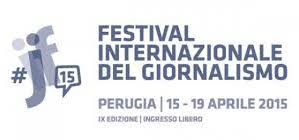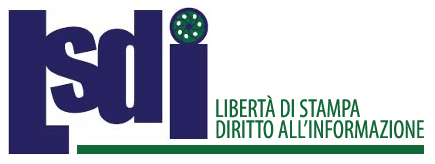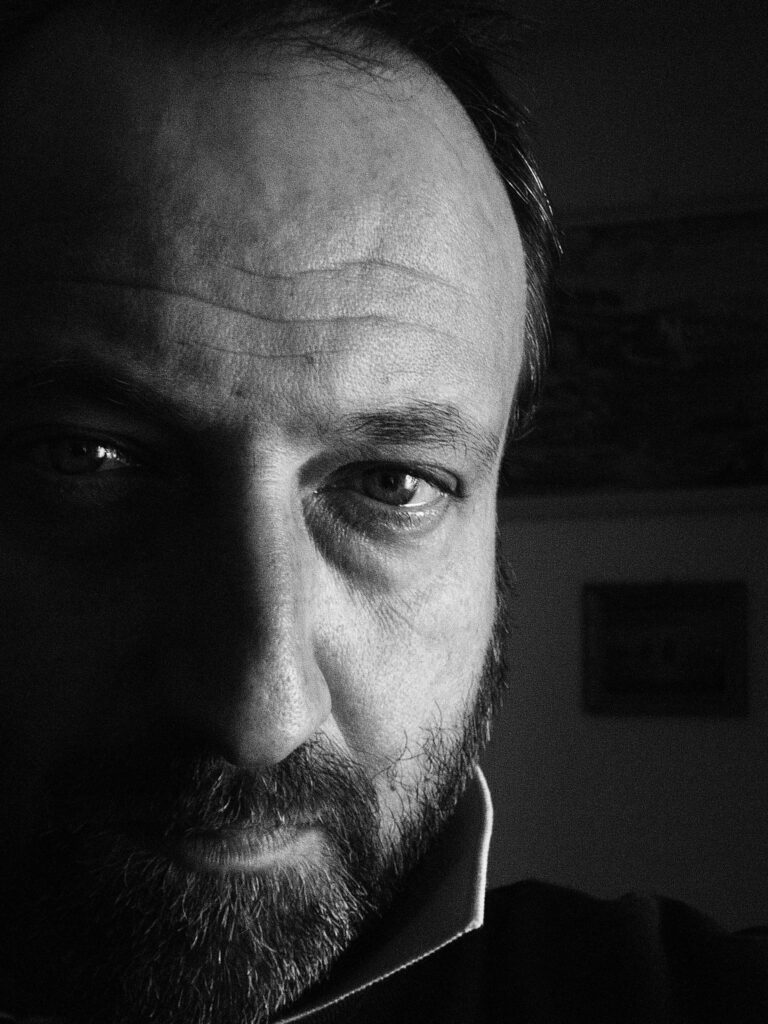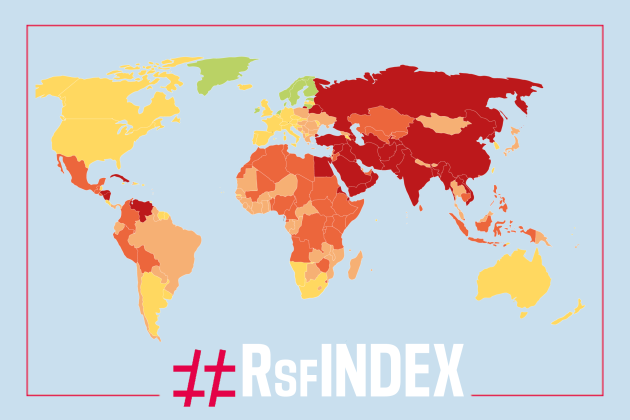
Al Festival del Giornalismo 2015 a Perugia la libertà d’espressione al centro del dibattito
O ltre 200 eventi con incontri-dibattito, interviste, presentazioni di libri, workshop e serate teatrali – 600 speaker da 34 paesi diversi, il tutto a ingresso libero. Questi i numeri del Festival Internzionale del giornalismo di Perugia Edizione 2015. I temi su cui si discute sono moltissiim: le difficoltà dell’editoria, le nuove frontiere della comunicazione politica italiana, la situazione dei media in Russia e in Ucraina, la censura in Turchia, la copertura mediatica dell’emergenza Ebola e la libertà di stampa in Messico; il giornalismo investigativo trasnazionale da Luxleaks a Swissleaks, sicurezza e sorveglianza a due anni dal Datagate,
ltre 200 eventi con incontri-dibattito, interviste, presentazioni di libri, workshop e serate teatrali – 600 speaker da 34 paesi diversi, il tutto a ingresso libero. Questi i numeri del Festival Internzionale del giornalismo di Perugia Edizione 2015. I temi su cui si discute sono moltissiim: le difficoltà dell’editoria, le nuove frontiere della comunicazione politica italiana, la situazione dei media in Russia e in Ucraina, la censura in Turchia, la copertura mediatica dell’emergenza Ebola e la libertà di stampa in Messico; il giornalismo investigativo trasnazionale da Luxleaks a Swissleaks, sicurezza e sorveglianza a due anni dal Datagate,
come raccontare le nuove guerre, la libertà di espressione, il rapporto tra attivismo e giornalismo, dall’analisi del programma mediatico in Cina fino alla propaganda online costruita dall’ISIS. E se non bastasse: il ruolo dei talk show in Italia, il giornalismo vissuto dai freelance, Mafia Capitale e Tangentopoli, le sfide del fact checking, il ruolo dei social media nell’informazione, l’emergenza ambientale: nord e sud Italia a confronto, media e calcio, realtà virtuale applicata al giornalismo, crowdfunding, tech vs journalism…
Il Festival del Giornalismo 2015 su Twitter




